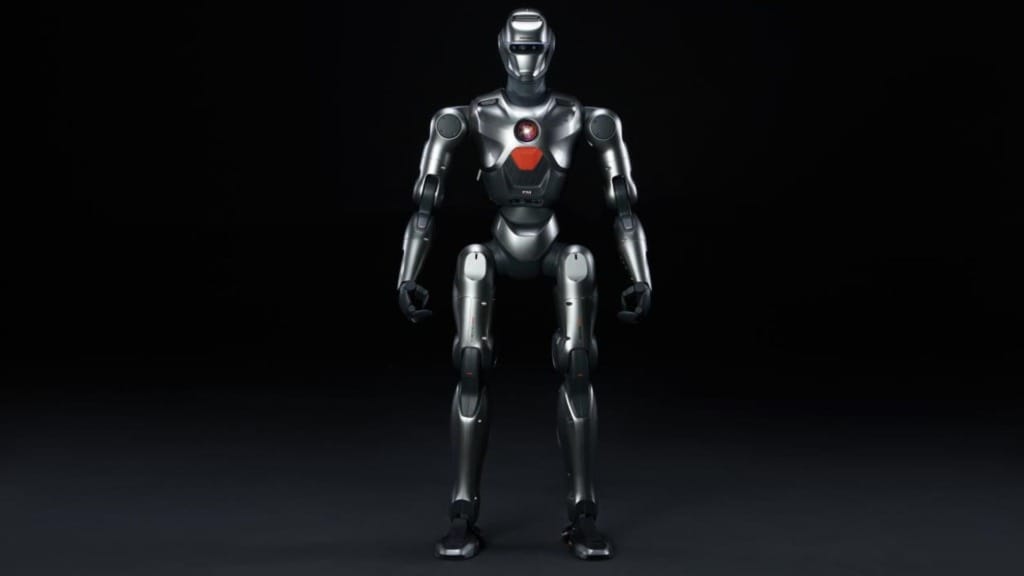Chinese robot makers shine at Macau’s Beyond Expo as AI drives growth
Chinese robot firms dazzle at Macau’s Beyond Expo, showing major growth and ambition amid AI investment and rising global interest.

At this year’s Beyond Expo in Macau, Chinese robot companies, including well-known names like Unitree Robotics and Engine AI, stole the spotlight. The event, which ran from May 22 to May 25, brought together more than 20 companies showcasing robots and related technologies. You could see robots performing everything from coffee-making to helping with rehabilitation.
Table Of Content
The robotics industry in China is experiencing a surge in attention, fuelled by the wider boom in artificial intelligence. Even though some people still doubt what these machines can do, the energy and ambition of Chinese tech firms are clear. The conference showed how seriously these companies are taking their place on the world stage.
Humanoid robots draw crowds

One of the highlights came from Shenzhen-based Engine AI, which displayed its 1.38-metre (4.5-foot) tall humanoid robot, PM01. This sleek robot moved around the exhibition floor on May 23, drawing in curious onlookers. Priced at US$13,700, PM01 is designed mainly for cultural tourism and use in research institutions. According to a representative at Engine AI’s booth, the robot is already used in various public and academic settings.
Another attention-grabber was Beijing-based Noetix, which brought its expressive robot head, Hobbs, to the event. Hobbs is designed to mimic a wide range of human facial expressions. The device can be used in scientific studies and as a companion for older adults. Even with a steep price tag of 300,000 yuan (US$41,663), Noetix has already received dozens of orders, according to a company staff member. Notably, Hobbs recently gained attention by finishing second in a humanoid robot half-marathon held in Beijing, highlighting progress and ongoing challenges in robotic movement.
Investment in robotics is on the rise
The growing presence of robot companies at Beyond Expo reflects the increasing competition in China’s robotics industry. According to the country’s Ministry of Commerce, online sales of intelligent robots jumped 87% in the first four months of 2025 compared to the same period last year, based on data from the National Bureau of Statistics.
A recent report from market research firm ITJuzi revealed that robotics investment has outpaced key industries like semiconductors and new materials. In the first quarter alone, there were 98 investment deals in the sector, up 113% from the same period in 2024.
On May 23, the southern tech hub of Shenzhen announced the launch of two new investment funds totalling 7 billion yuan to support start-ups focused on robotics and smart devices. This move shows how serious local governments are about supporting innovation.
Mass production and future challenges
While Chinese firms are eager to scale up, challenges remain. Over 10 companies aim to start mass production of robots this year. However, the recent humanoid robot marathon also revealed how far these machines must go. Many robots in the race stumbled or fell, and only six out of 20 finished the course. These limitations point to ongoing hurdles in creating robots that can function reliably in real-world environments.
Wang Xingxing, CEO and founder of Unitree Robotics spoke earlier this month at an industry event in Shanghai. He pointed out a major roadblock: the lack of a unified “end-to-end” AI system. Without such a system, developers must still programme specific tasks into robots. A general-purpose AI would let robots learn and adapt independently to many jobs.
Even with this issue, there’s no denying the ambition on show at Beyond Expo. With strong investment, public interest, and clear signs of technological progress, the future of Chinese robotics looks promising. Whether you’re interested in tech, business, or just curious about tomorrow’s robots, it’s clear that China is ready to lead.
















